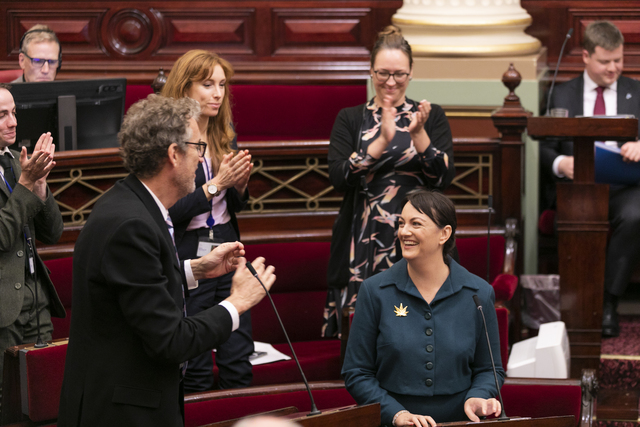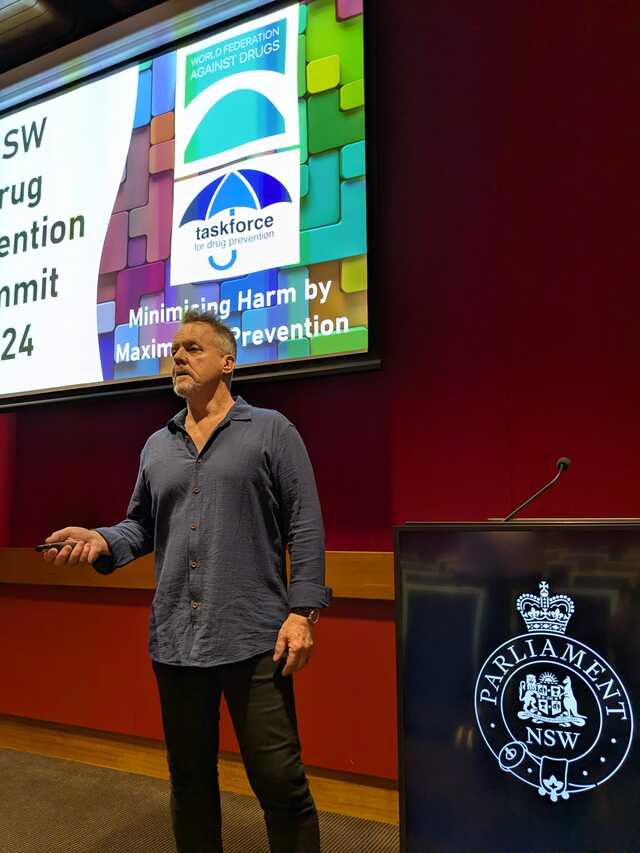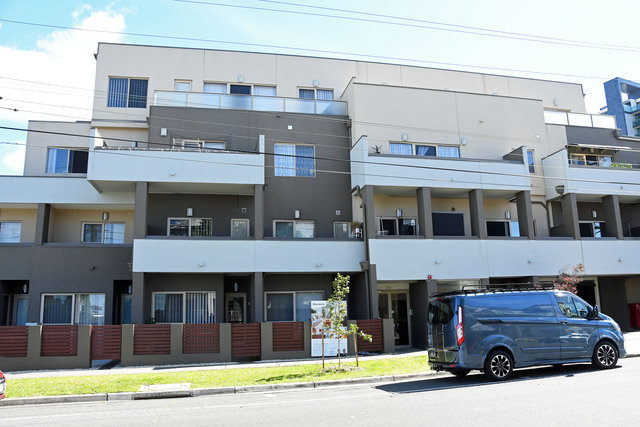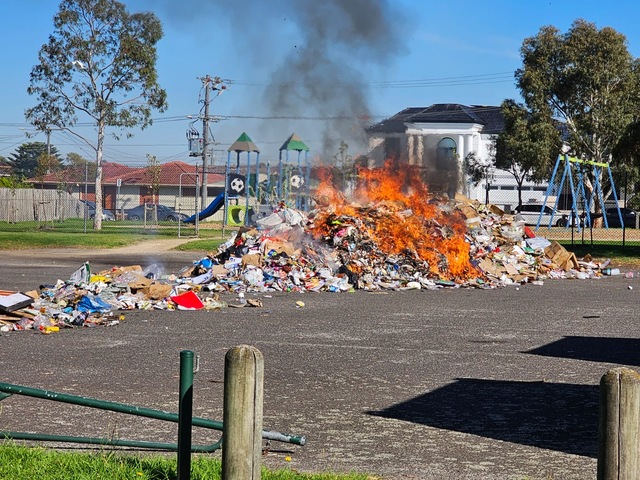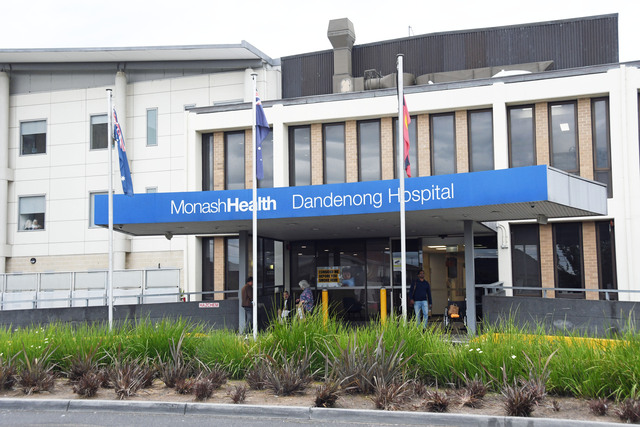A state inquiry in reviewing current cannabis laws has sparked debates, concerns and hopes for various communities.
South East Monash Legal Service submitted in favour of softening cannabis laws in a State Parliament review initiated by South East Metropolitan MP Rachel Payne from Legalise Cannabis Victoria party.
Ms Payne wants adults to be able to possess small quantities of cannabis for personal use and grow up to six plants at home without any fear of prosecution.
The support from SEMLS comes in a bid to move from criminalisation, which affects particularly young people, to a “harm-reduction” approach.
A SEMLS spokesperson says their work with young people show significant social and legal consequences of the current cannabis laws.
They say young people should not be criminalised for cannabis use.
“Our experience shows that criminalisation leads to significant legal and social consequences, often entrenching disadvantage rather than addressing harm.
“A health-based, harm-reduction approach would be a more effective way to minimise risks while ensuring support and education are available for those who need it. Drug law reform is an important step towards a more just and evidence-based system.
“SMLS supports formal decriminalisation or a regulated legalisation scheme for cannabis use to reduce the harms caused by prohibition.
“Our clients—many of whom are already disadvantaged—face devastating consequences from minor drug offences.
“In our experience, prohibition does not deter usage but does increase harm. We must shift towards education, harm reduction, and providing meaningful alternatives for young people.
“A smarter approach to cannabis is long overdue.”
The organisation refers to global examples of decriminalisation which they say have reduced drug related harm, improved public health outcomes and eased pressures on the justice system.
City of Greater Dandenong has the highest cannabis drug use and possession (321) in the year ending September 2024 according to the Crime Statistic Agency.
This is compared to its surrounding cities like City of Casey (298), Frankston (233) and Kingston (167).
Victoria Police has not made any submissions to the inquiry however Dandenong-based not-for-profit community organisations Dalgarno Institute made an opposing submission.
The Institute’s executive director Shane Varcoe says decriminalisation of a substance is unnecessary to achieve an educative exercise rather than a punitive one.
He is concerned the science on the harms of cannabis is being “ignored” by a minority to push “a particular agenda.”
“All you have to do is shift the management of the laws from the enforcement body to be diverted to counselling rehabilitation.
“That should be what’s done without a punitive response of having charges against you.
“We’re all for that, we don’t want to see people go to jail for ongoing cannabis use.
“However, our submissions has borne this out – no one is in jail for smoking weed, it doesn’t exist, it’s a complete fabrication.
“People are in jail when cannabis is involved, if they have acted out in a dissociative state and committed a crime whilst doing that. Consequentially they have got in trouble with the law.
“We don’t want to see people jammed up just for smoking weed but we do want it to stop because we know in the long run this is going to cause more damage (not necessarily criminal damage).”
Mr Varcoe says he understand why legal services are in favour of this inquiry but says he’s concerned this may attract young people toward cannabis usage.
“We want to keep them away for as long as possible and the changing of laws isn’t going to facilitate that mechanism.
“It will facilitate greater interest in use, that is our concern and all policy makers should be concerned about.”
He shares his brother, who passed away last year, to be a “classic example” of the long-term impacts and sufferings of cannabis.
“So, we’ve seen the outcome, trauma and drama to him and the family on the way through.
“It was put down in monetary cost to be astronomical. We’re talking 25-35 years of grief and dysfunction and welfare because of his disability with cannabis use.
“So we’ve seen firsthand what this does and those narratives that have been ignored by pro-cannabis lobbyists who have the leverage and the money.”
He lists the harms of cannabis use such as its mental and physical health impacts especially in the long run, costs on the state’s budget and more importantly he questions who will oversee how adults are using cannabis as well as ensuring young people are not engaged.

